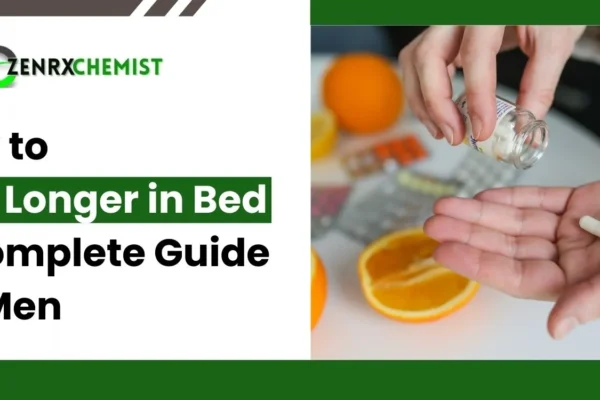Blog
At What Age Does a Man Stop Ejaculating?
As men get older, many changes happen in the body — some are obvious, and others are more private. One common question that often comes up is: “At what age does a man stop ejaculating?” It’s a sensitive topic, but it’s also an important one to understand, especially for men who are aging or couples who are concerned about their sexual health and fertility.
Let’s break it down in a way that’s easy to understand.
What Is Ejaculation?
Ejaculation is when semen (which contains sperm) comes out of the penis during orgasm. This usually happens after sexual arousal and stimulation. It’s a normal part of male sexual function and plays an important role in reproduction.
Does Ejaculation Stop With Age?
The short answer is no, most men do not completely stop ejaculating due to age alone. However, the process and experience of ejaculation can change over time.
Here are some common changes:
- Less semen volume: Older men may notice that they produce less semen during ejaculation.
- Longer time to reach orgasm: It may take more time and stimulation to ejaculate.
- Weaker ejaculation force: The pressure or force may decrease.
- More recovery time: The time needed between sexual activities may increase.
These changes are completely normal and happen gradually.
What Age Do These Changes Usually Start?
Most men begin to notice changes in ejaculation in their 40s or 50s. However, this does not mean ejaculation stops. It only changes in volume, force, and timing. These changes are mostly due to:
- Lower testosterone levels
- Slower blood flow
- Natural aging of the prostate and reproductive organs
That being said, many men remain sexually active and able to ejaculate into their 60s, 70s, and even 80s.
Can a Man Still Ejaculate Without Sperm?
Yes. Some older men may have “dry orgasms,” where they feel the sensation of orgasm but little or no semen is released. This can be due to:
- Prostate surgery
- Certain medications
- Medical conditions like diabetes or multiple sclerosis
Dry orgasms are not harmful but may affect fertility. In such cases, it’s always best to talk to a doctor.
Factors That Can Affect Ejaculation
There is no fixed age when ejaculation completely stops. But several factors can affect it, including:
Hormone Levels
Testosterone is the main male sex hormone. If it drops too low, it can affect both sexual desire and ejaculation.
Prostate Health
The prostate plays a key role in producing semen. Problems like enlarged prostate or prostate surgery (like for cancer) can affect ejaculation.
Medical Conditions
Diseases like diabetes, high blood pressure, or nerve damage can affect ejaculation by interfering with the signals that control it.
Medications
Some medications for depression, high blood pressure, and prostate problems can reduce the ability to ejaculate.
Mental Health
Stress, anxiety, and depression can lower sexual desire and make it harder to ejaculate.
What Can Be Done to Maintain Healthy Ejaculation?
Even though some changes are natural with age, there are ways to maintain healthy sexual function:
- Exercise regularly: Good for blood flow and hormone balance.
- Eat a healthy diet: Supports heart and prostate health.
- Limit alcohol and avoid smoking: Both can hurt sexual performance.
- Manage stress: A relaxed mind helps sexual health.
- Talk to a doctor: Especially if you notice major changes or discomfort.
There are also medical treatments available for men facing more serious issues, such as hormone therapy or medications that improve sexual function.
When Should You See a Doctor?
You should talk to a doctor if:
- You stop ejaculating suddenly
- You have pain during ejaculation
- You see blood in your semen
- You feel anxiety or stress about your sexual health
A doctor can help find the cause and suggest the right treatment. Remember, you’re not alone — many men experience similar changes.
Conclusion
To sum it up, most men never completely stop ejaculating due to age alone. However, how and when they ejaculate may change over time. These changes are part of natural aging and nothing to be ashamed of. With a healthy lifestyle and proper medical support when needed, men can maintain a satisfying sex life well into their older years.
If you or your partner are concerned about changes in sexual health, the best step is to speak openly and consult a healthcare provider. Understanding your body is the first step toward taking care of it.







